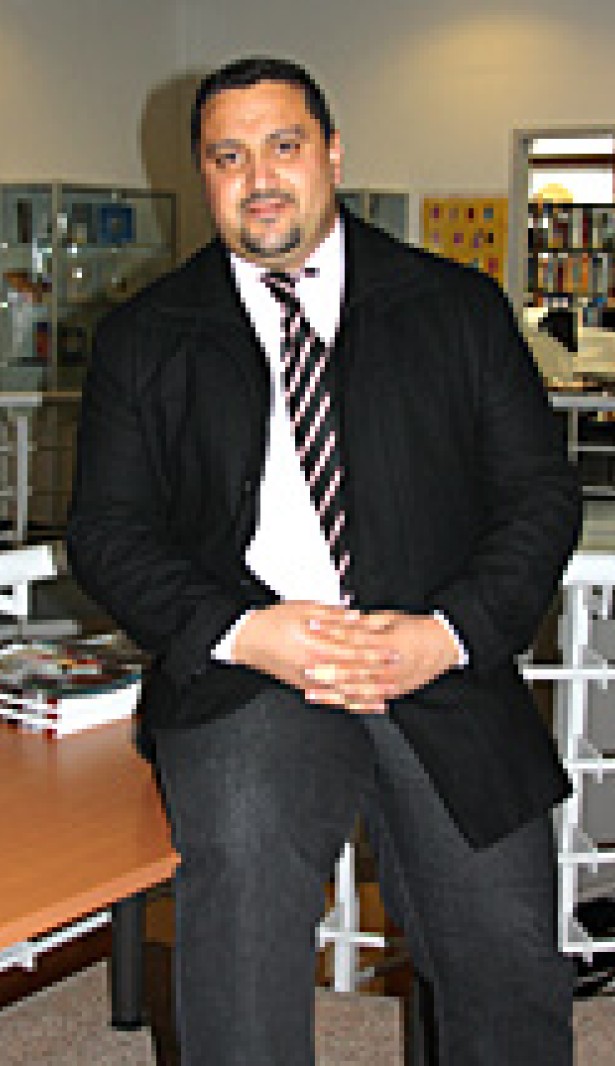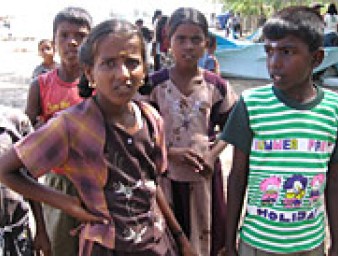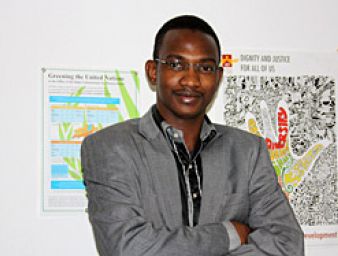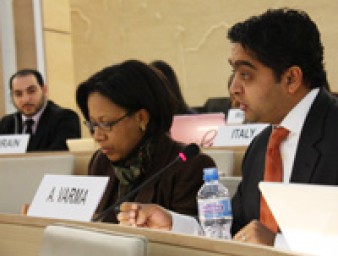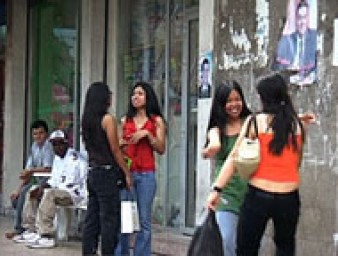Husam Abdullah Ali: human rights activist from Iraq
16 August 2012
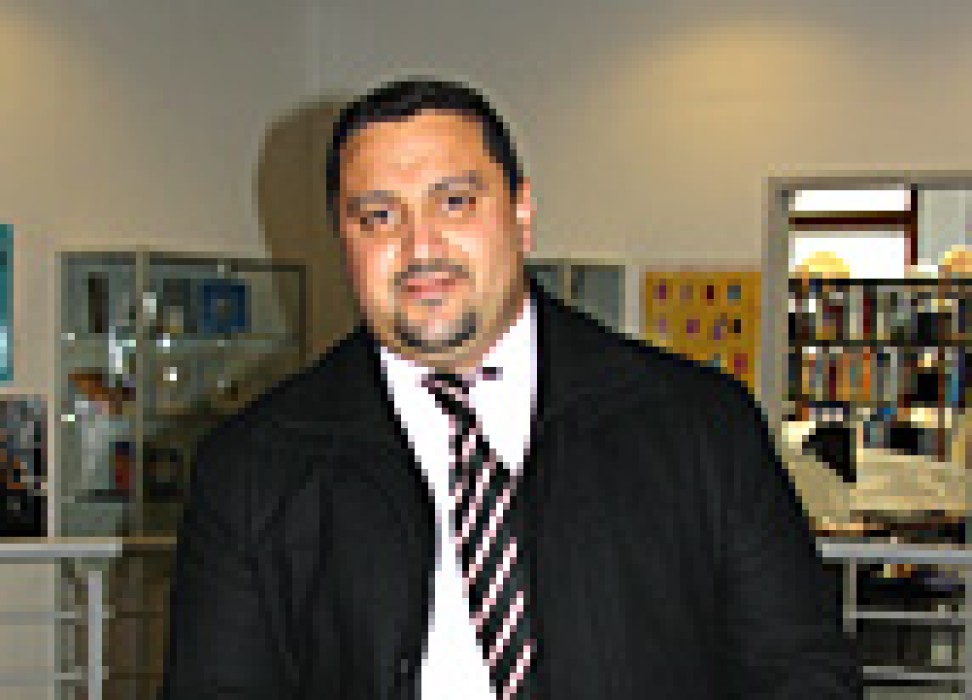
Human rights activist Husam Abdullah Ali wants equality for every Iraqi. “The right to language and education for all should be guaranteed,” Ali says. The 28-year-old is one of nine fellows who participated in the 2011 Minorities Fellowship Programme of the United Nations Human Rights office in Geneva.
Ali is one of the Yezidi, a minority numbering around 650,000 to 750,000 which lives primarily in northern Iraq, in the semi-autonomous Kurdish region. Since the overthrow of Saddam Hussein in Iraq, the Yezidi have suffered many attacks from religious extremists, including more than two hundred deaths in simultaneous suicide bombings in two villages on the Nineveh Plains in 2007.
The Yezidis, along with other minority groups in the region, campaign for the right to keep their own language; for greater parliamentary representation; for the construction of better schools, universities and hospitals; and against gender discrimination.
Ali is the founder of the Azidi Solidarity and Brotherhood Organization, a member of the Civil Coalition for Minorities in Iraq, which began work in 2003 after the fall of the former regime, in order, he says, to strengthen the role of young people, especially children of minorities in the Nineveh province and to participate actively in the promotion of democracy and human rights in Iraq.
The Organization monitors and documents human rights violations, and lobbies for the rights of minorities. It has campaigned to change the Iraqi identity card which Ali says is discriminatory and is currently working to have the education system reformed to include the histories and cultures of Iraq’s minorities. The Organization and its supporters successfully agitated to have a proportion of parliamentary and local government seats reserved for minorities.
“Despite these efforts and achievements, we still have a lot to do,” Ali says.
The five-week long Fellowship Programme, which accepts both English and Arabic speaking individuals, was launched by the Human Rights office in 2005 as a way to offer persons belonging to ethnic, religious, and linguistic minorities an overview of the United Nations human rights’ system with minority rights as its key component.
16 August 2012
